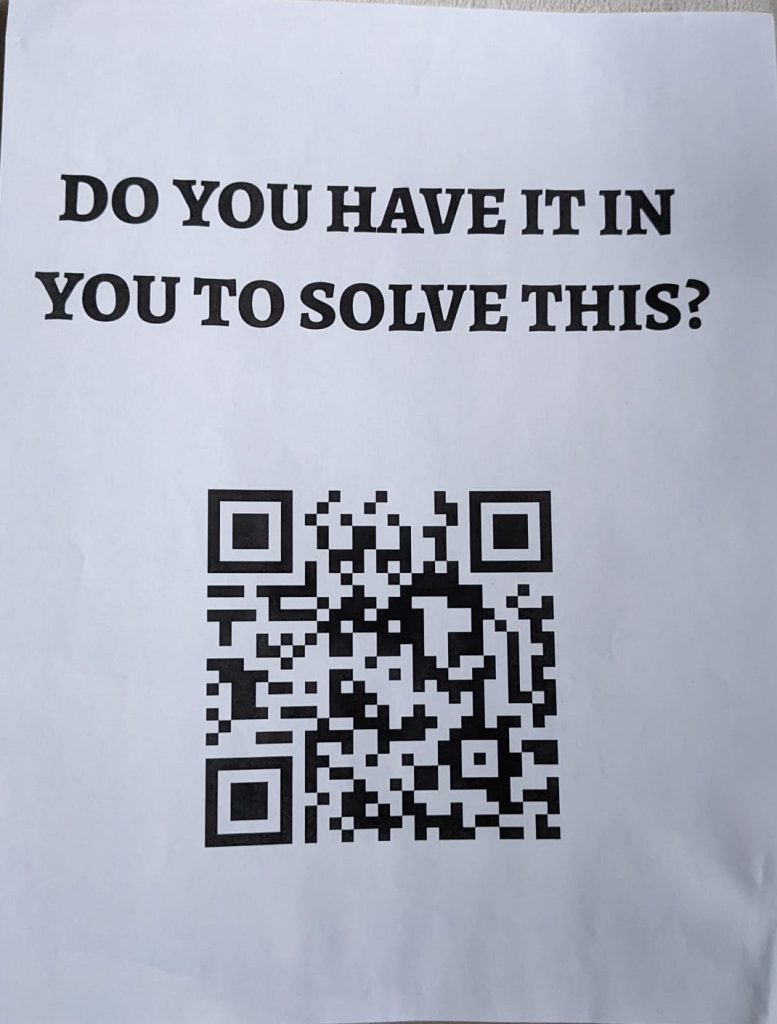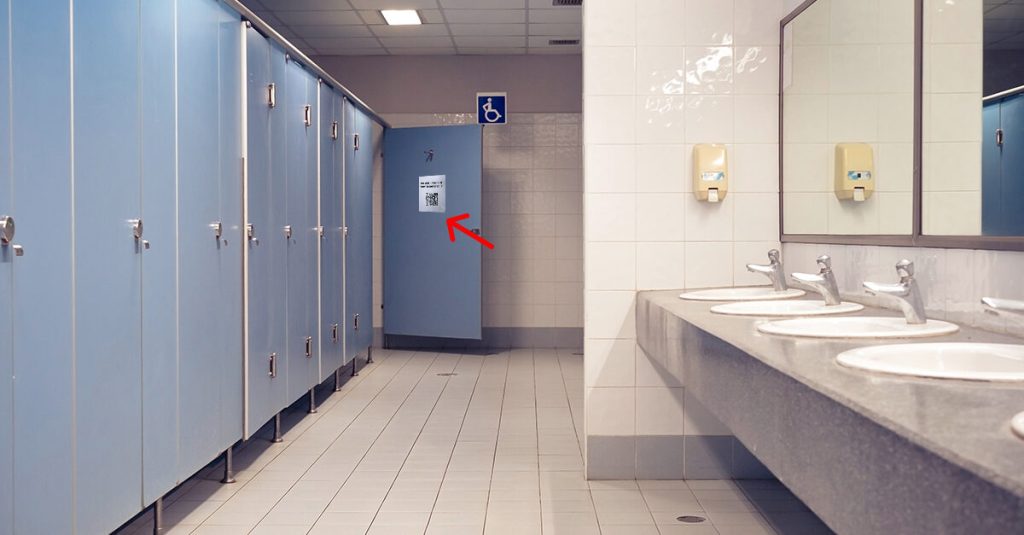Last year, I moved to Canada. I didn’t know anyone here and it seemed like a good opportunity to recruit smart people for friends. I am a big believer in ‘you are the average of the company you keep’. But there were some questions.
The most important one was, what is the definition of smart people (at least to me)?
After thinking about it for some time, here’s what I was able to zero in on: A smart person is someone who is driven and is really good at something. Trade does not matter, excellence does, or at least a strong desire to pursue excellence.
Now that it was clear who made smart people, the second question was, how do you find them and third, how do you make friends with them? Compared to these questions, defining smart people was a piece of cake.
When you immigrate to a new country, the first few months are busy. That’s what happened to me. This idea and these questions got lost in a pile of things that needed to be taken care of. There was no time to think of friends. That was until one winter afternoon, when it struck me again.
And interestingly, it happened at a time when I was high on caffeine. Caffeine puts my brain on Plaid mode.
It was time to answer those questions. First – How do you find smart people?
It felt that one of the better ways to answer this was by further asking myself, what are some of the common qualities of people who’d fit my definition of smart people? Here are three of them that felt relevant to this exercise:
- Smart people enjoy solving problems
- Smart people do not stop until they have figured out a solution to the problem in hand
- Smart people like to be surrounded by other smart people
With these, the question ‘How do you find smart people’ evolved into what can you create that uses these qualities as a baseline to filter out smart people from the regular bunch?
Turns out, if you challenge smart people, they’d go to any length to prove themselves. The solution itself works as a reward for them. You can make it more attractive by attaching something additional to it. But what could that be? The answer was in the third quality mentioned above. An additional reward could be that if they solved the challenge, they’d get to hang out with others who are really smart. All three smart people qualities, check.
And what is a better way to challenge anyone than with a puzzle. Why a puzzle: Because they are fun and everyone loves them. I can’t think of a single interesting person who doesn’t enjoy solving puzzles.
So it took me about a week to design and fix a simple puzzle using PHP and JS. Here’s what the final version looked like.
Now that we found a way to poke smart people, another question that needed answering was, how to come in front of a lot of people, so that we’d have a large enough sample size to filter out from?
I could instantly think of one such place. There happens to be a university near my house and it has around 10000 students enrolled in it at any given time. The good thing about students is that they are always looking for interesting stuff and they have a lot of free time to explore things outside academic work.

So I created a bunch of these sheets and pasted them on two boards in the university.
It proved ineffective. I used Google Analytics on the puzzle page to see how many people visited it and there wasn’t much activity on it.
The reason – because there’s already a lot of noise on school bulletin boards and you can’t really be expected to notice a white sheet with a QR code on a board full of brightly colored posters while walking down the hall with a bunch of friends.
So it was time to figure out a way to come in front of these kids. Now the question was, which are the places in a school where college kids could notice these sheets, are focused, and preferably alone.
Simple, library and washrooms.
Cracking the Library was easy, you can just put the sheets on desks, but when the staff noticed them, they would take them away. You can also list the most popular library books, tuck a few sheets in those books and put them back on the shelf. But there are two problems with this. First, how do you really find out which are the most popular books and two, you can’t really do it at scale. Moreover, the most popular books generally end up getting borrowed so it’d be just one person seeing the puzzle. Not ideal.
The second solution was restrooms, but it’s tricky. Only two types of people go to washrooms. Users and Janitors. The tricky part was that we want the washroom users to see our little puzzle paper but at the same time, we want to keep it as far away from janitors as possible otherwise they’d take it off.
So what do you do? You can’t paste them on top of urinals, washrooms are cleaned 5 times a day and they’d be gone before you know it.
Interestingly there’s one place where even if a janitor went, the probability of them noticing it seemed low as long as they did not happen to be users as well. It was the backside of the toilet compartment door. (Janitors keep the doors open when they clean toilet compartments and these doors open on the inside for this university toilets which meant the puzzle sheet would be hidden when they cleaned. At least, that was the theory.)

Additionally, you are almost always alone in a public toilet compartment, (unless you’re going there for purposes other than what it’s used for). You are focused as well because there’s nothing else to do apart from doing your business and fiddling with your phone. And if there happens to be a mysterious sheet in front of your face while you’re there, there’s no way you wouldn’t notice it. That meant at least 5 minutes of complete focus on the puzzle.
I posted them in one men’s room and the school went for winter break three days after it was put there. Within those 3 days, four people cracked the puzzle.
The interesting part is none of them was a computer science student. I was skeptical if it would end up becoming a recruitment exercise for CS students but that wasn’t the case. One was from Business Management, another from PR and Communications and the rest were Commerce students. And all of them, pretty smart.
Try something similar to find friends or build a community in any domain. Design a questionnaire or a puzzle and put it out in the wild. You will certainly find some people who have similar interests or are as crazy as you.